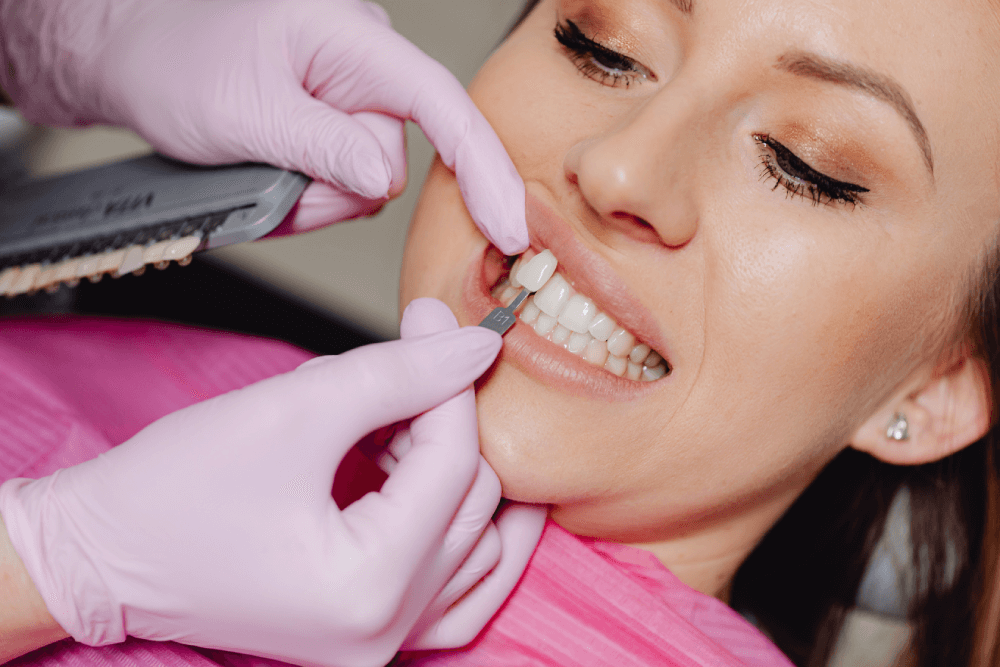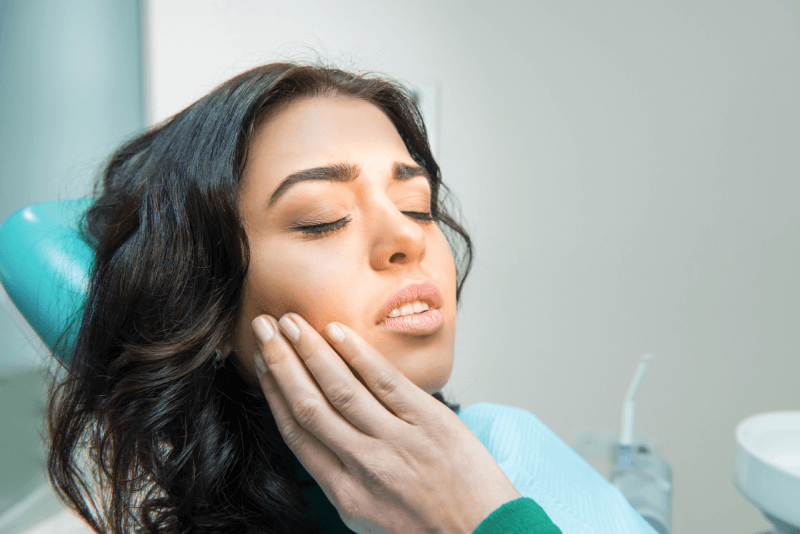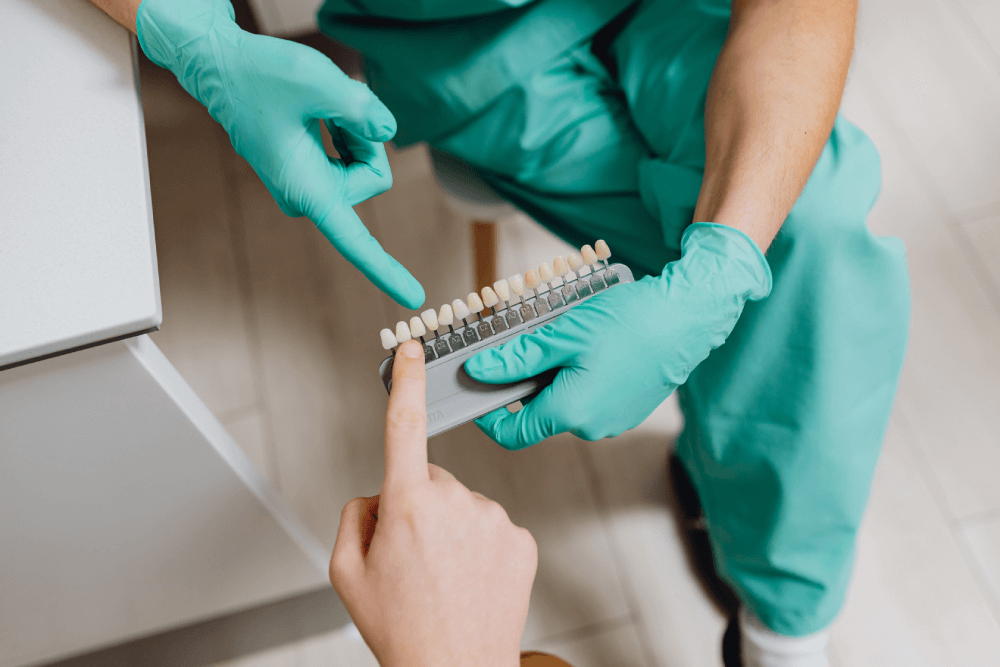
We find that many patients choose to ignore bleeding from their gums when it only occurs during their morning brushing routine. Unfortunately, this is a concerning symptom that should never be ignored. You wouldn’t ignore daily bleeding from another part of your body – why would you want to ignore it from your mouth?
What Causes Gum Bleeding?
Gums that bleed every morning may be an indication that you’re using a toothbrush whose bristles are too stiff or hard or improper brushing technique. When you brush your teeth, it is important that you don’t use a back and forth “scrubbing” motion. This can cause damage to both the gum tissue and the tooth enamel.
If your gums are bleeding in the morning without brushing, this may be an indication that you have either periodontal disease or gingivitis. Even with regular brushing, plaque can still build up and form deposits on the teeth. If not removed with regular professional cleanings, this can lead to gingivitis which will eventually progress into periodontitis.
There are a few rare causes of bleeding gums, including:
- Diabetes
- Thyroid disease
- Leukemia
- Lupus
- Rheumatoid arthritis
If you have bleeding gums, it is important that you visit our office immediately to have your condition evaluated.
Treatment for Bleeding Gums
Treatment for bleeding gums will vary based on the underlying cause. In the case of improper brushing technique, changing to the correct brushing method and toothbrush can correct the problem. In the case of gingivitis, your dentist will schedule you for a deep cleaning in order to remove the build-up of plaque and tartar. You may also be given antibiotics and other medications to treat infection and shrink the deep pockets that may have formed beneath the gum line. In more severe cases, you may require bone or tissue grafts.
If your bleeding gums are caused by another medical condition, we will refer you to your general practitioner or a specialist after a dental exam in order to ensure you receive the correct treatment.


